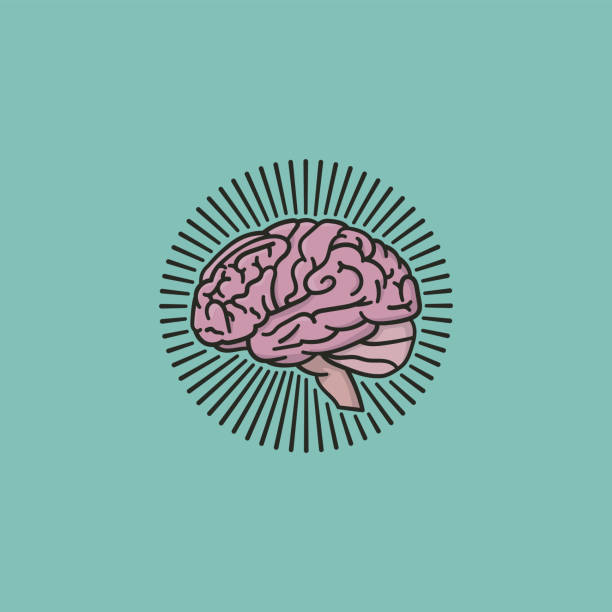United States: Despite thorough government examinations, no unusual patterns of disease or injury were found in the brains of individuals with Havana syndrome, a mysterious cluster of complaints.
More about the study
The study included over 80 US government employees and their families who experienced symptoms, referred to as “anomalous health incidents,” while serving in Cuba, China, Austria, and the US.
Many reported hearing strange noises or feeling pressure before experiencing symptoms such as vertigo, loss of balance, and ear pain.
Some US officials suggested these symptoms could be the result of attacks by other nations using weapons that direct electromagnetic energy at individuals.
However, research by the National Institutes of Health contradicted this theory. Scans of MRIs revealed no structural or functional changes had been observed in any of the brain structures of people who had complaints when compared to the ones who had not reported any problems, according to NPR News.
The findings were published in JAMA, the journal of the American Medical Association.
Know the study outcomes
Dr. Leighton Chan, chief of rehabilitation medicine at the NIH Clinical Center, stated, “We didn’t see differences in the structure of the brain or even in the functional connectivity of the brain,” as NPR News reported.
The findings challenge the previously held belief that hundreds of diplomats and their families have been assaulted since 2016 when the first instances were noted by embassy personnel in Havana.
In 2023, five US intelligence agencies unanimously concluded that it was “highly unlikely” that Havana syndrome was the result of foreign aggression. They found “no credible evidence” that such a weapon was developed.
According to a 2022 CIA study, the majority of symptoms linked to the challenges in Havana were due to stress and preexisting conditions.
Criticism of the study – Expert
Dr. David Relman, a professor at Stanford University, criticized the studies, suggesting that “directed pulsed radio frequency energy” could have produced the signs and symptoms of Havana syndrome.
Relman, who was part of an assessment by the National Academies, stated, “There are multiple problems with both of the studies,” and concluded that the studies combined a broad group of people and performed brain experiments at different time points after the onset of symptoms, NPR News reported.
He suggested that testing specific individuals immediately after the event might yield different results, such as with race car drivers.











Leave a Reply